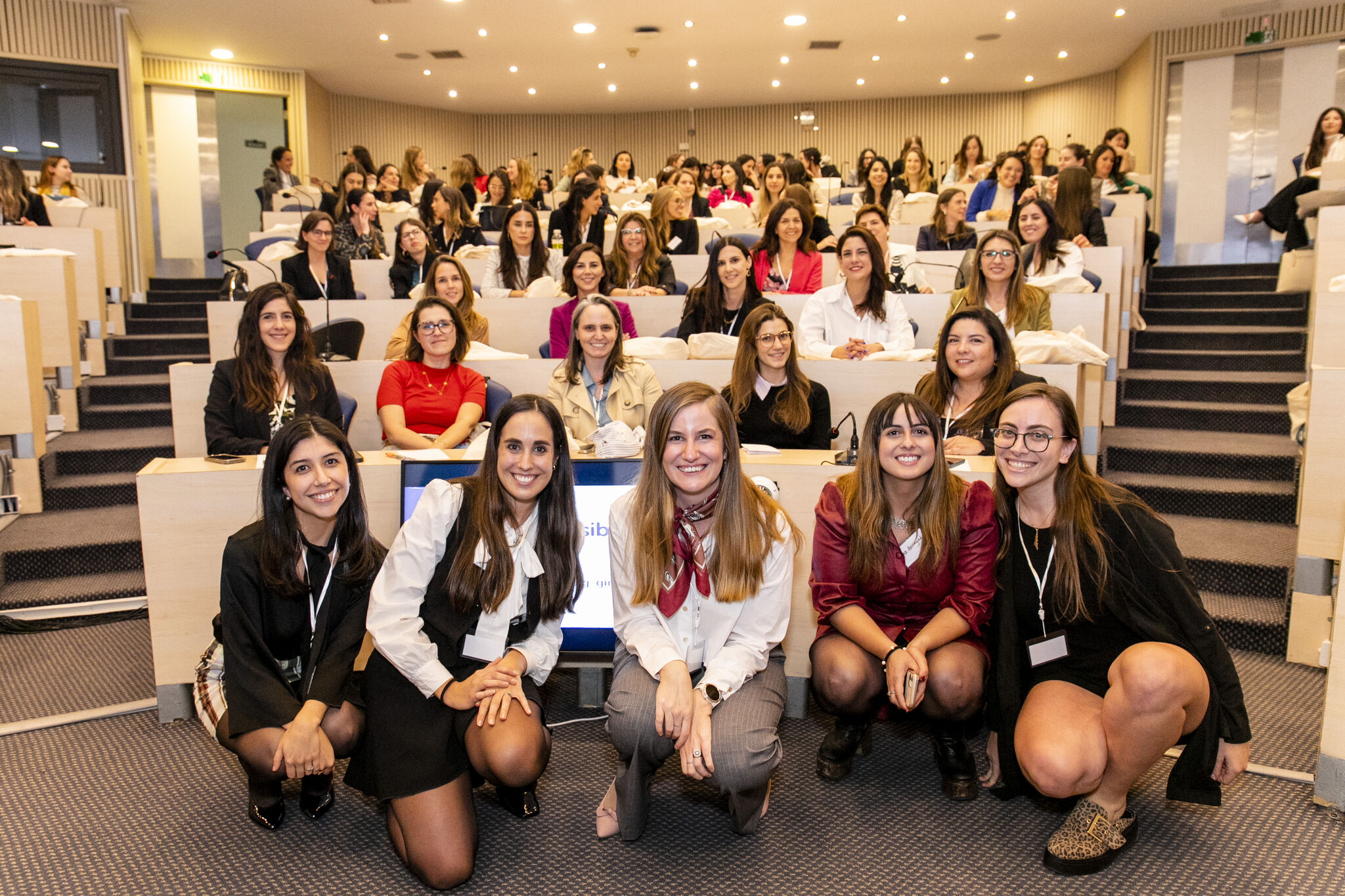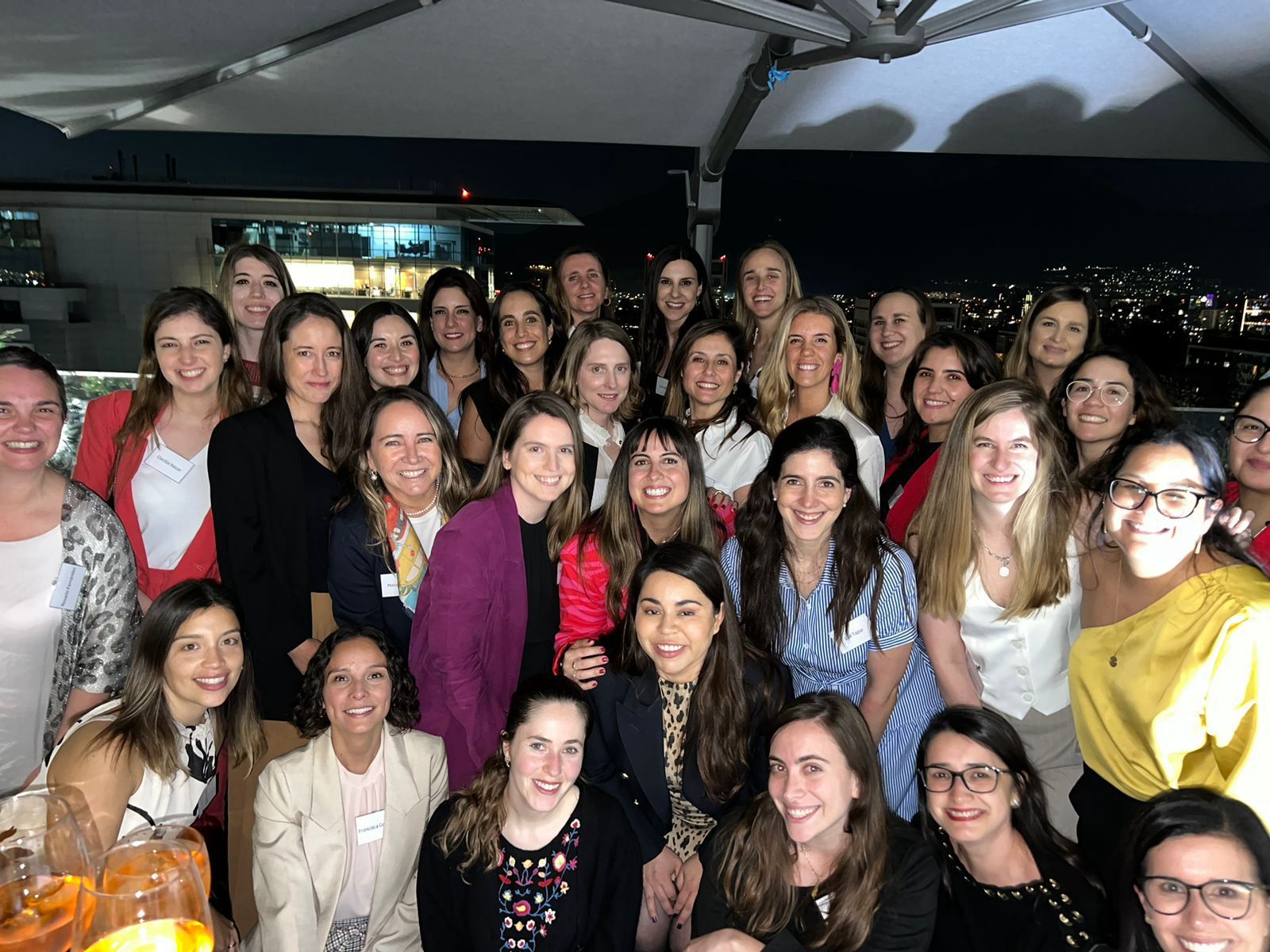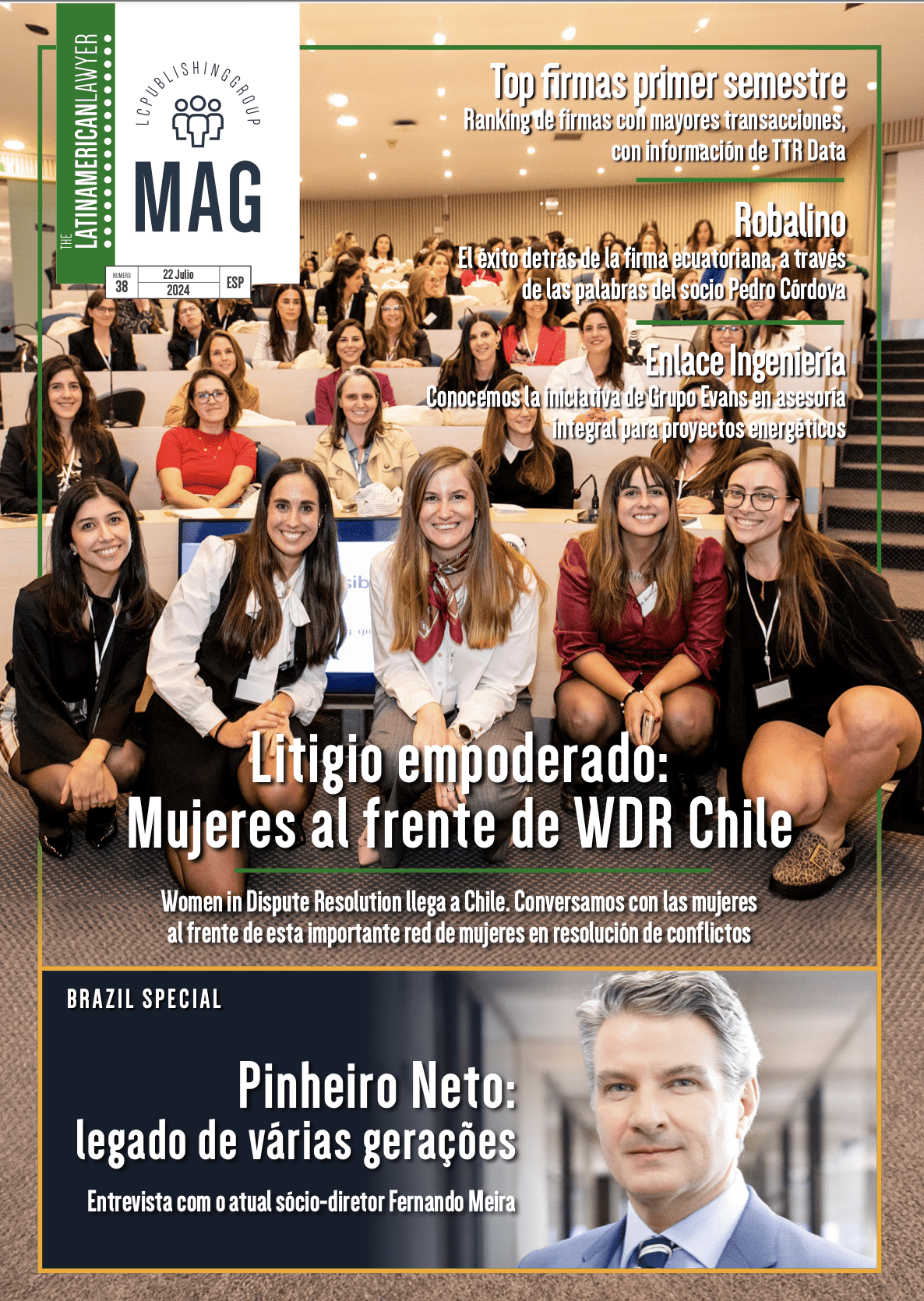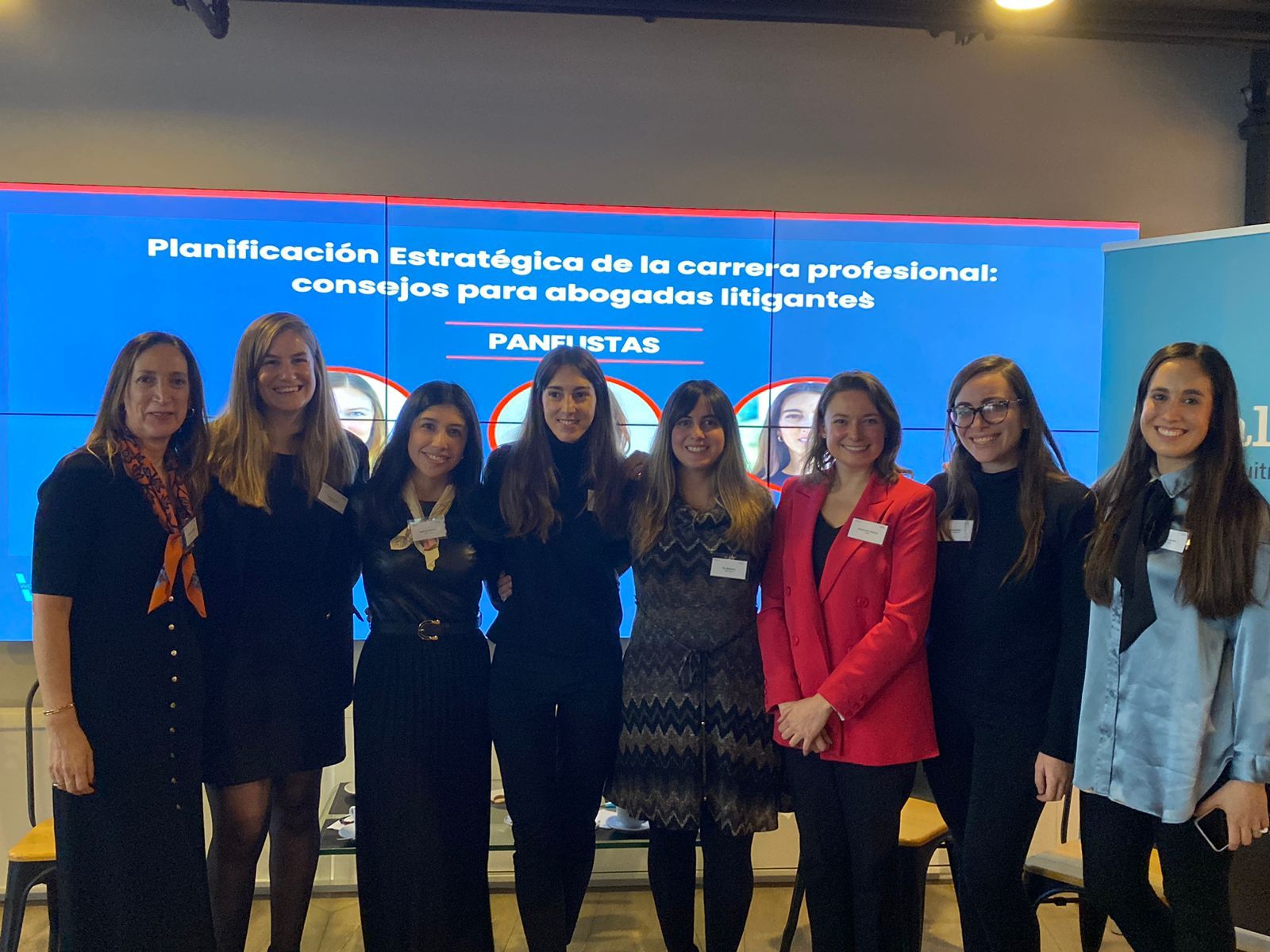The initiative brings together more than 160 women lawyers from over 60 firms.
A new organization is born to empower female litigators. Women In Dispute Resolution, an entity in Chile that seeks to promote the active participation of women in the legal field of dispute resolution, was launched last month.
«We realized that there was not enough visibility for women litigators. We want this network to serve as a platform to publicize our work and professional milestones and also to be an instance of legal training. We also hope to contribute by providing tools so that all members can manage their professional careers confidently and effectively,» said Manuela Ugarte Enrione, of OVB.
Ugarte Enrione is one of the creators of WDR and forms the Executive Committee together with Paz Arriagada Callis, Siham El Masou Atuez, María Jesús Herrera Ramognini and Francisca Ossa Monge.
The Arbitration and Mediation Center of the Santiago Chamber of Commerce (CAM) informs that the members of the Advisory Council are María Agnes Salah, CAM counselors María Soledad Krause Muñoz and Nicole Duclos Toporowicz, former CAM counselors Elina Mereminskaya and Nicole Nehme Zalaquett, and arbitrators Mónica van der Schraft Greve and Ariela Agosin Weisz.
The Executive Council is conformed by arbitrators Liat Tapia Malis, Catalina Amenábar Valenzuela and Carla Dittus, together with attorneys María José Larraín and Josefa Larraín Errázuriz.
The inauguration of the network, which took place on the afternoon of April 24 at the Presidente Errázuriz headquarters of the Universidad Adolfo Ibáñez, in the metropolitan area of Santiago, was attended by lawyers from leading Chilean law firms. In addition, Macarena Salosny, president of Inspiring Girls Chile, gave a talk entitled «The (In)Visible Woman».
Estado Diario reports that one of the main objectives of WDR is the publication of a jointly written book to address developments and challenges in the areas of commercial, antitrust, civil and regulatory litigation.
WDR membership is obtained after a selection process and also involves the payment of an annual subscription.
This organization follows in the footsteps of other existing networks such as the American Bar Association’s Women in Dispute Resolution (WIDR) and Arbitral Women, an entity that brings together women litigators internationally.
Author: Marina Vanni





